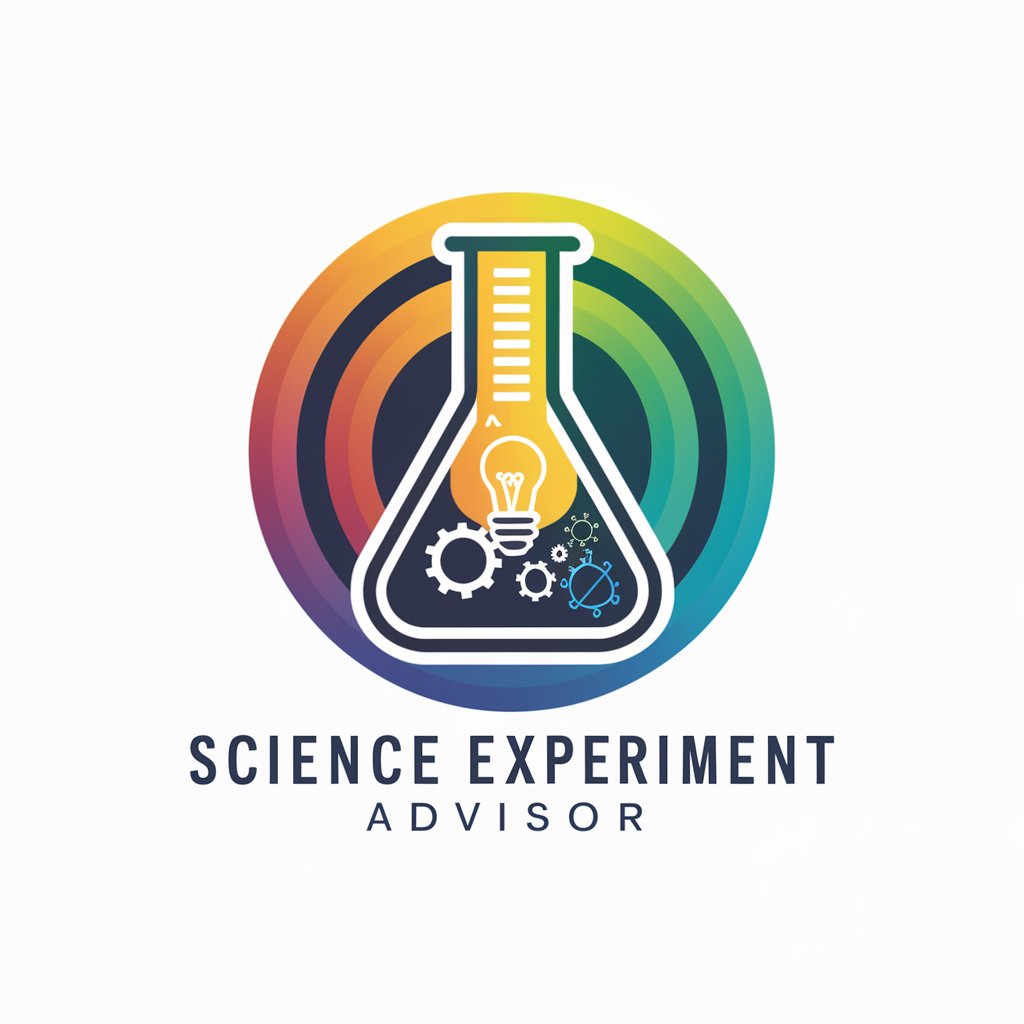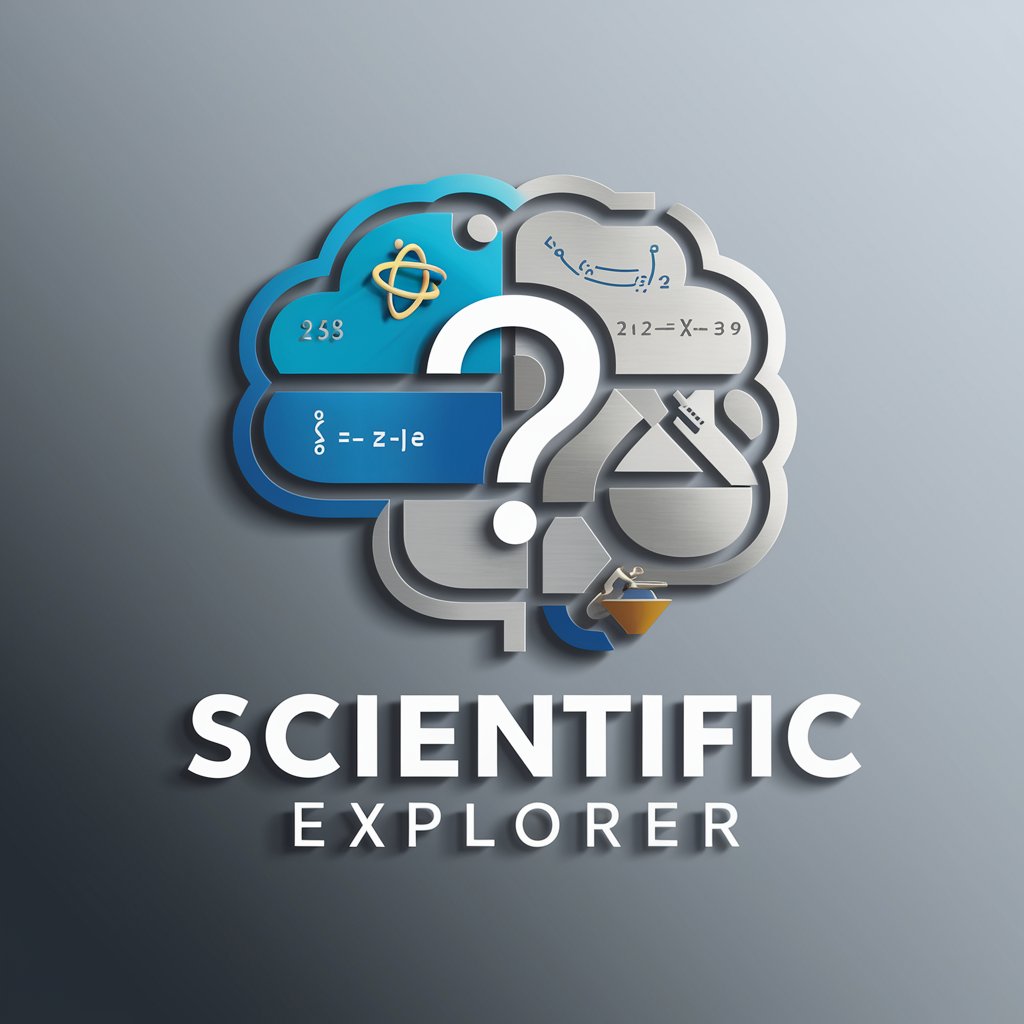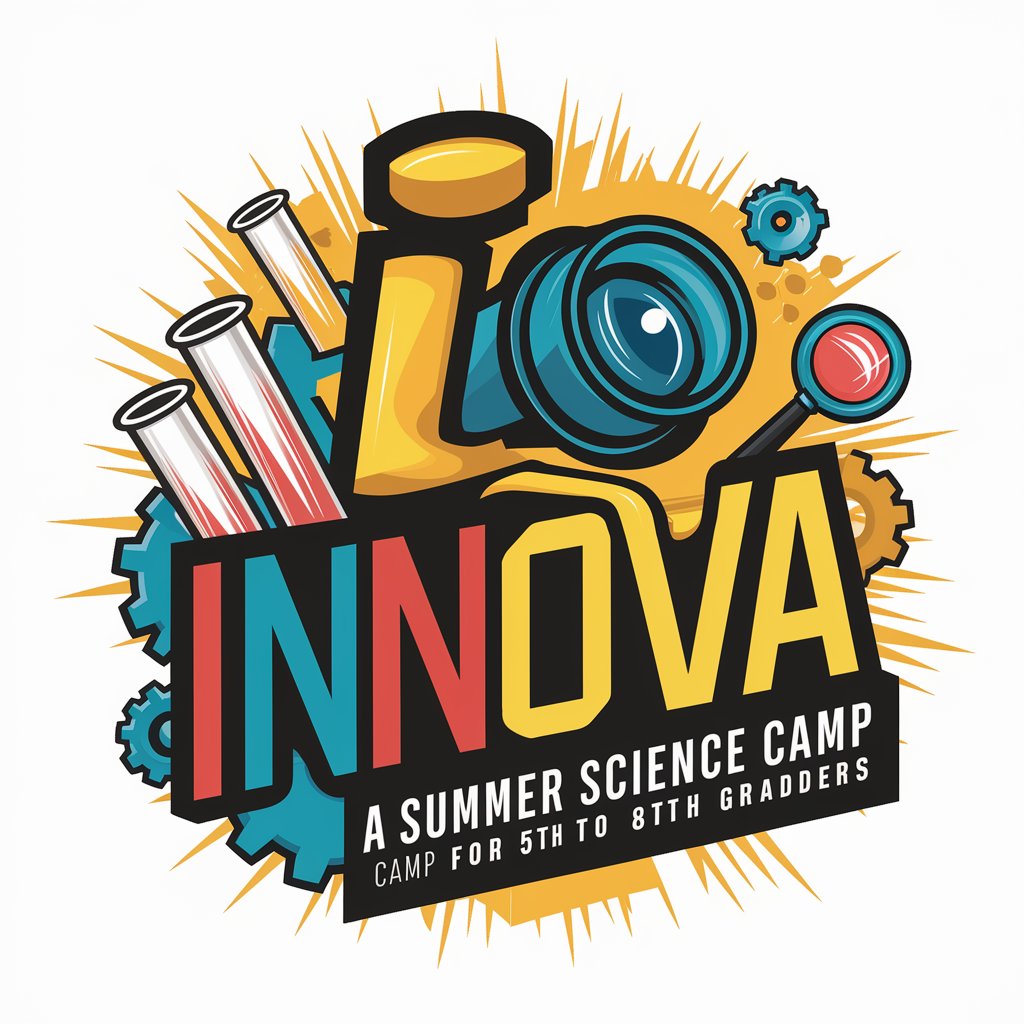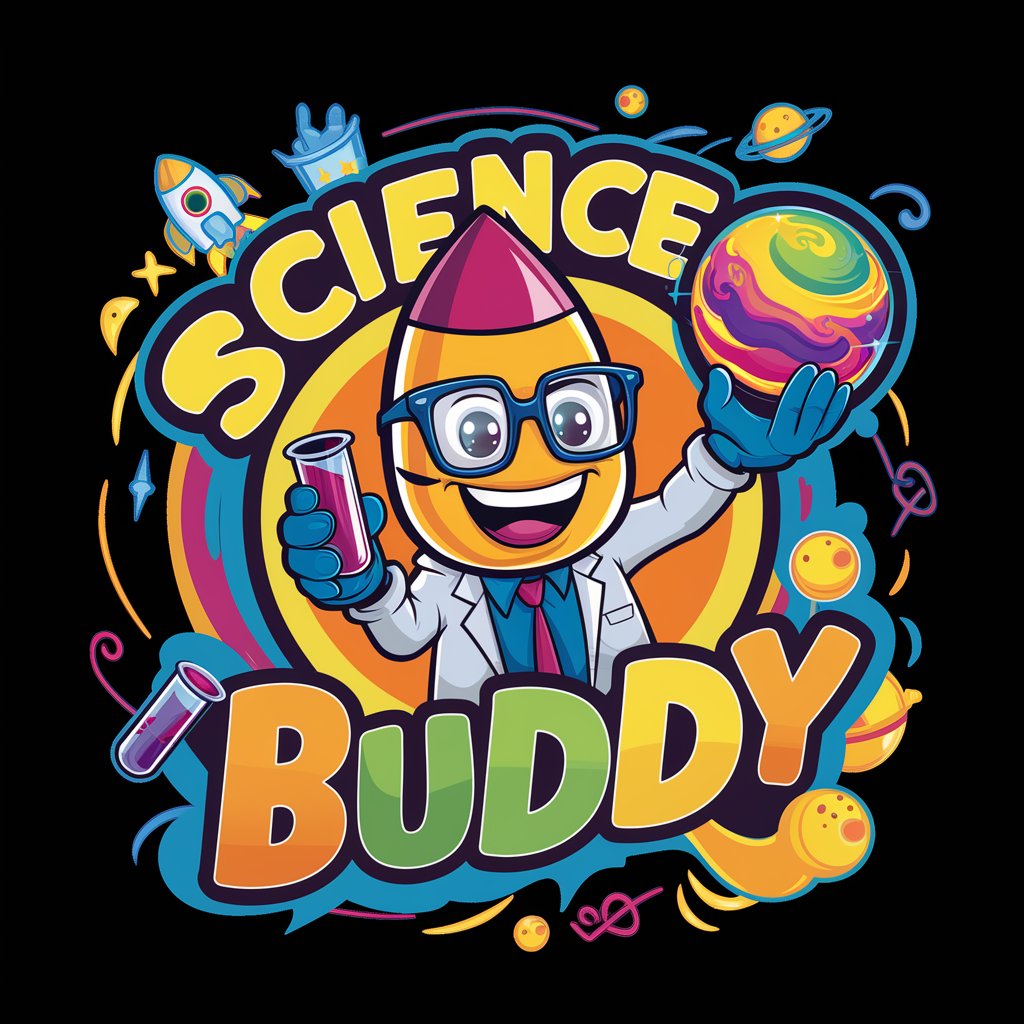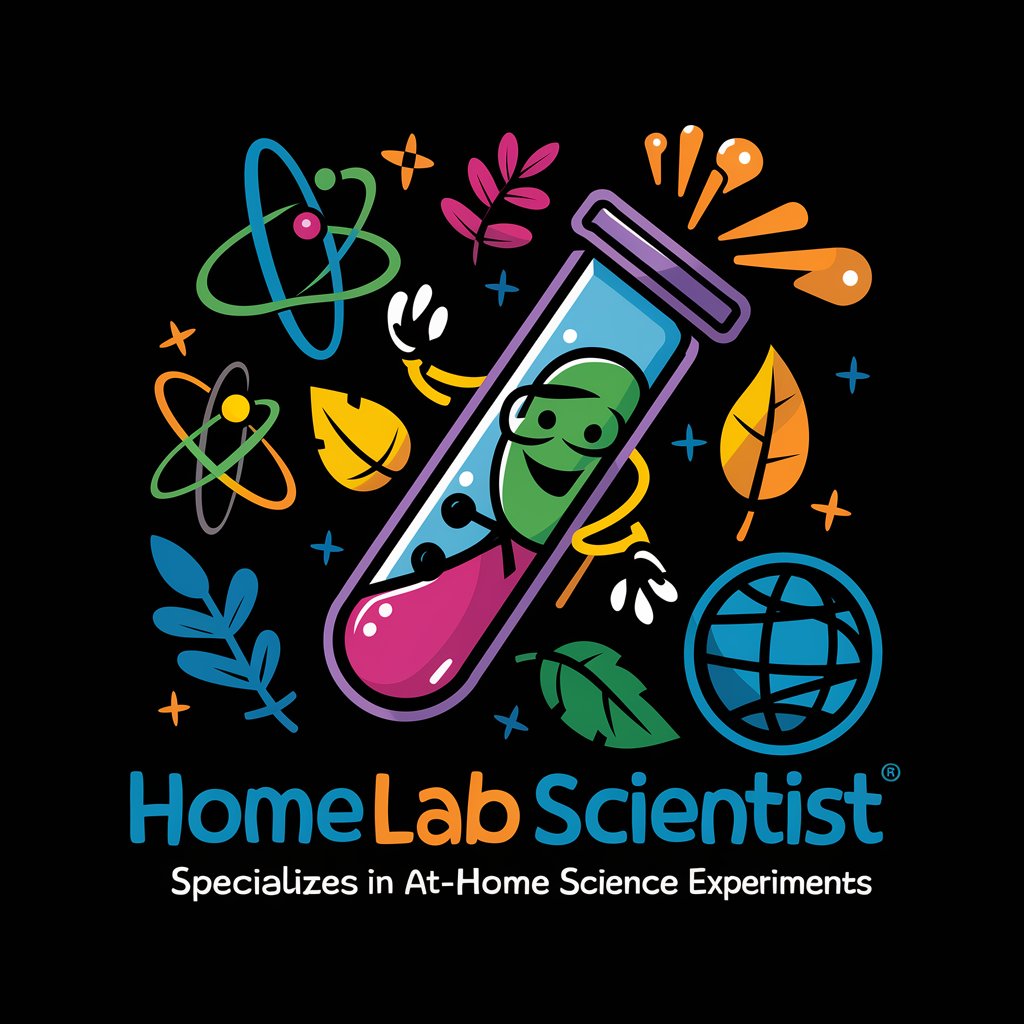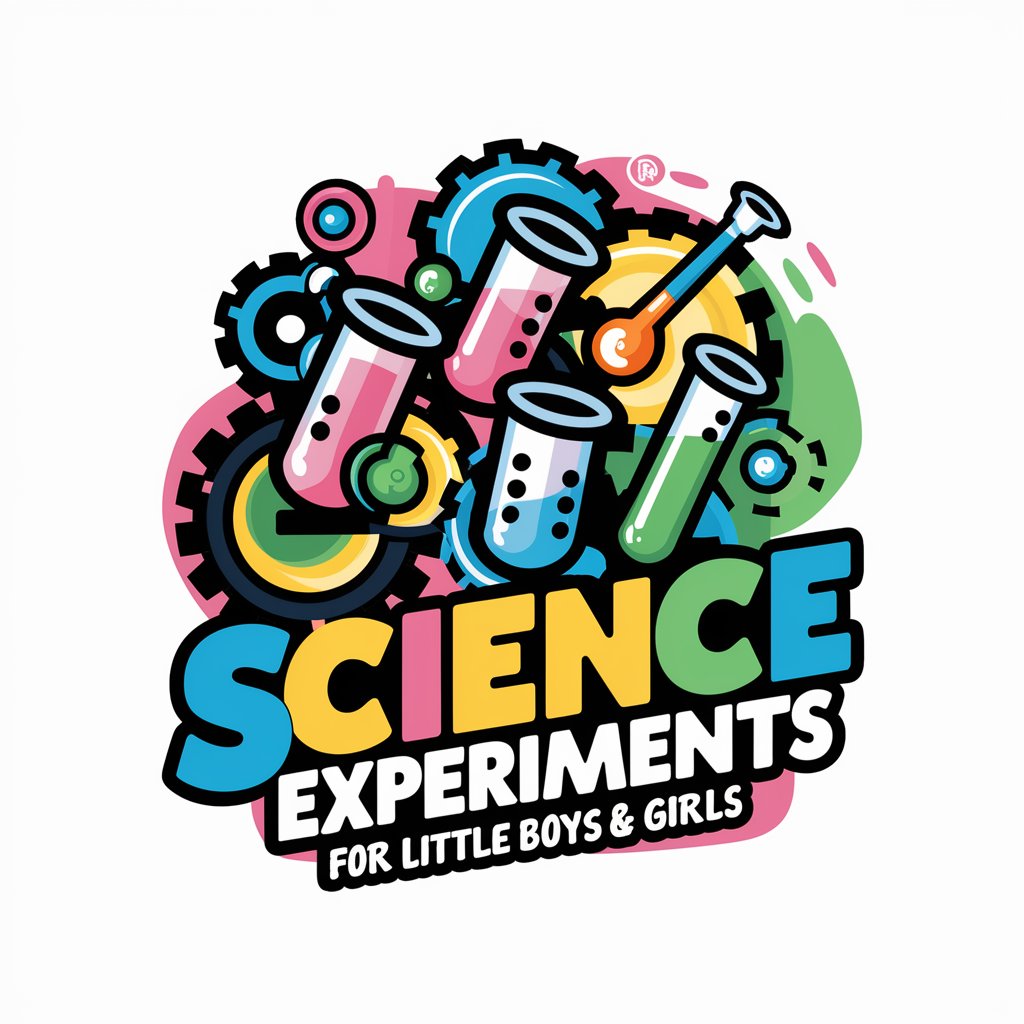
Science Experiment & Discovery Guide - Interactive Science Learning
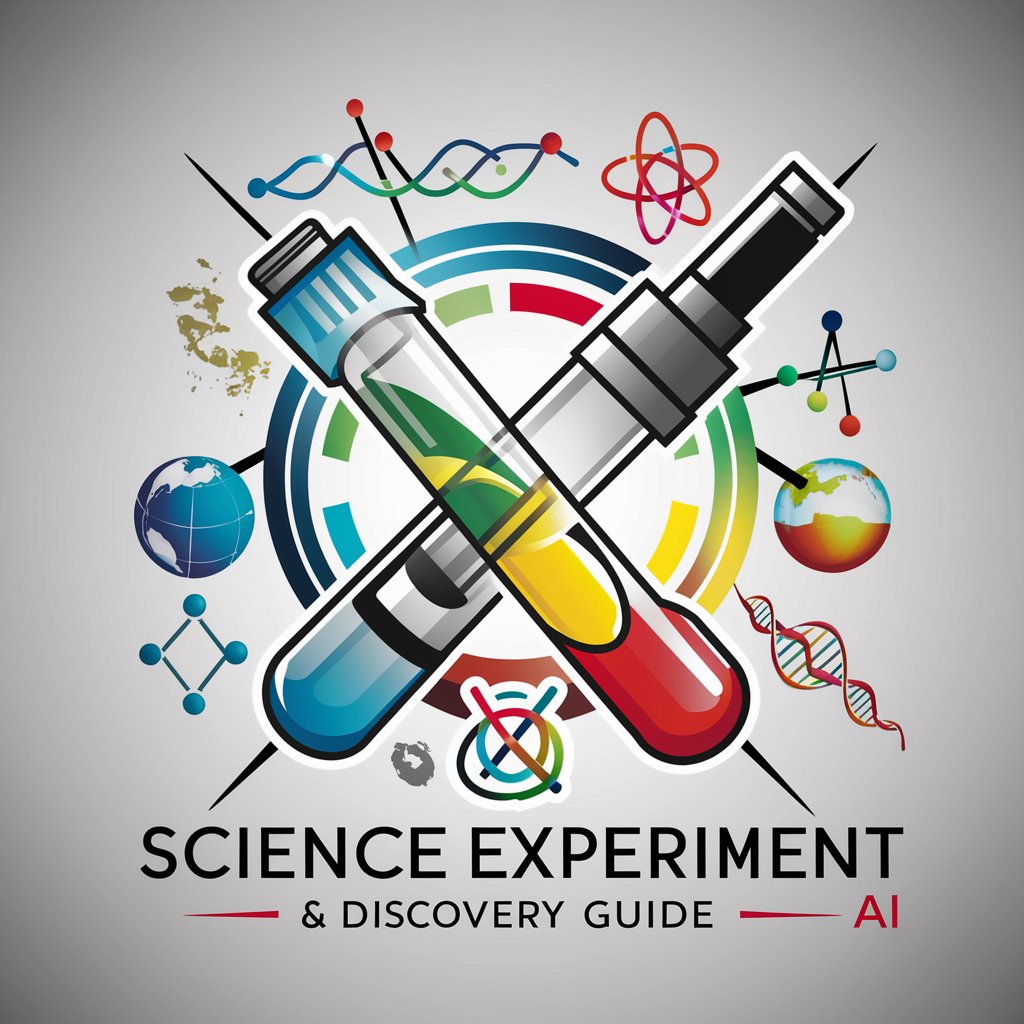
Welcome! Ready for some exciting scientific discoveries?
Empowering Discovery with AI
Can you suggest a physics experiment suitable for middle school students?
What are some safe chemistry experiments I can do at home?
How can I demonstrate the process of photosynthesis for a science fair project?
What are the best practices for presenting a science experiment?
Get Embed Code
Introduction to Science Experiment & Discovery Guide
The Science Experiment & Discovery Guide is a specialized AI tool designed to assist in the realm of scientific education and experimentation. Its core purpose is to facilitate interactive, hands-on learning experiences in various fields of science, including physics, chemistry, biology, and earth science. This AI guide is equipped with a comprehensive understanding of scientific principles, experimental methods, and crucial safety protocols. A distinctive feature is its ability to tailor experiment suggestions based on the user's age, skill level, and educational needs. It offers step-by-step instructions for conducting experiments, ensuring they are both educational and safe. Additionally, it explains the underlying scientific theories, enhancing the learning experience. The Guide also supports science fair project development, from ideation to presentation, emphasizing practical learning and STEM education advancement. Powered by ChatGPT-4o。

Main Functions of Science Experiment & Discovery Guide
Suggesting Experiments
Example
For a high school student interested in chemistry, the Guide might suggest an experiment on the reaction rates of various household chemicals.
Scenario
The student is guided through the safe mixture of substances, observation of reaction speed, and analysis of factors influencing these rates.
Step-by-Step Guidance
Example
In a biology class, students could be guided through a DNA extraction experiment using simple materials like fruit, salt, and detergent.
Scenario
The Guide provides detailed steps, explains the purpose of each step, and elucidates the science behind DNA extraction.
Science Fair Project Development
Example
A middle school student preparing for a science fair might receive suggestions for a project demonstrating basic principles of electricity using a homemade circuit.
Scenario
The Guide assists in planning, executing, and presenting the project, ensuring the student understands and can explain the scientific concepts involved.
Safety Protocol Emphasis
Example
When conducting a chemistry experiment involving volatile substances, the Guide outlines necessary safety measures like proper ventilation, use of goggles, and handling instructions.
Scenario
It ensures users are aware of potential hazards and take appropriate precautions to conduct experiments safely.
Ideal Users of Science Experiment & Discovery Guide Services
Students
Students from elementary to university level benefit greatly, as the Guide provides age-appropriate experiments, enhancing their understanding of scientific concepts and fostering a hands-on learning approach.
Educators
Teachers and professors can utilize the Guide to design curriculum-relevant experiments, ensuring they are safe and effective for classroom settings, and to supplement their teaching with interactive elements.
Science Enthusiasts
Individuals with a keen interest in science, regardless of their academic background, can explore various fields of science in a structured, safe, and informative manner, satisfying their curiosity and expanding their knowledge.
Science Fair Participants
Participants in science fairs, at any educational level, can find valuable support in project ideation, development, and presentation, ensuring their projects are scientifically sound and effectively communicated.

How to Utilize Science Experiment & Discovery Guide
Start without Hassle
Access the platform via yeschat.ai for an immediate start with a free trial, requiring no sign-up or ChatGPT Plus subscription.
Identify Your Needs
Determine your level of expertise and the specific science domain (physics, chemistry, biology, or earth science) you're interested in exploring.
Choose Your Experiment
Browse through a variety of experiments tailored to your age and skill level, focusing on your area of interest.
Follow Safety Guidelines
Adhere strictly to provided safety instructions and protocols, especially for experiments involving hazardous materials.
Engage and Learn
Conduct the experiment using the step-by-step guidance provided, making sure to understand the scientific principles and theories explained.
Try other advanced and practical GPTs
Adaptive Learning Coach for Special Education
Personalizing Learning with AI
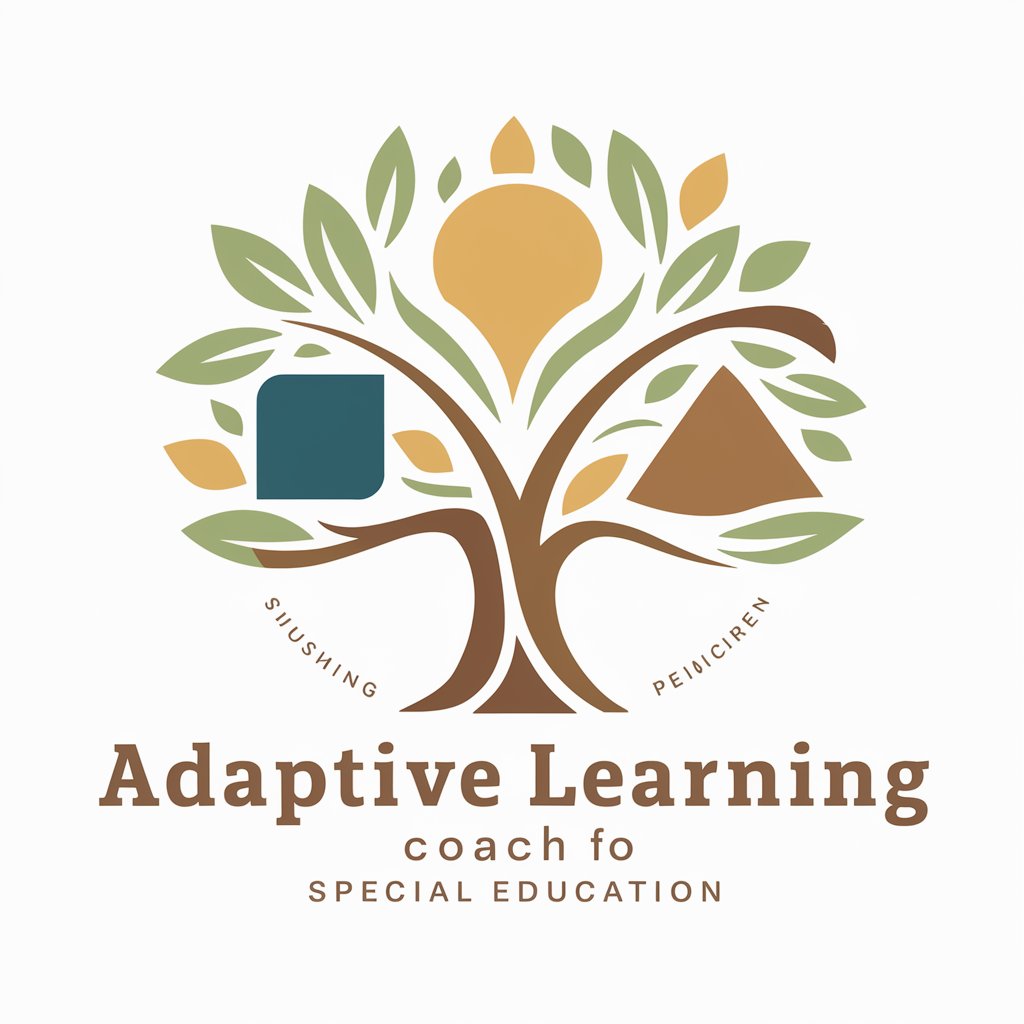
Drinks
AI-Powered Beverage Mastery
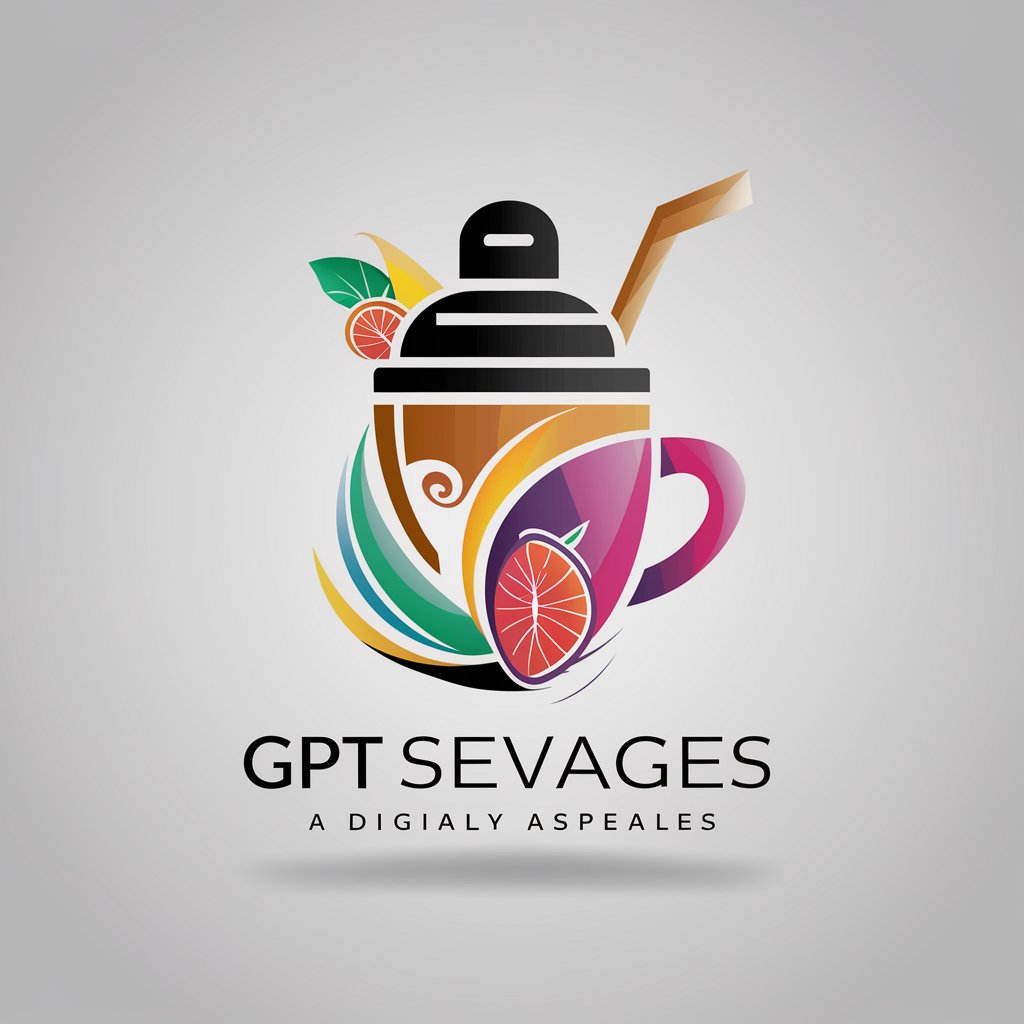
Drinking Glasses
Elevate Every Sip with AI-Powered Glassware Insights

BrewMaster
Craft, Taste, and Discover with AI
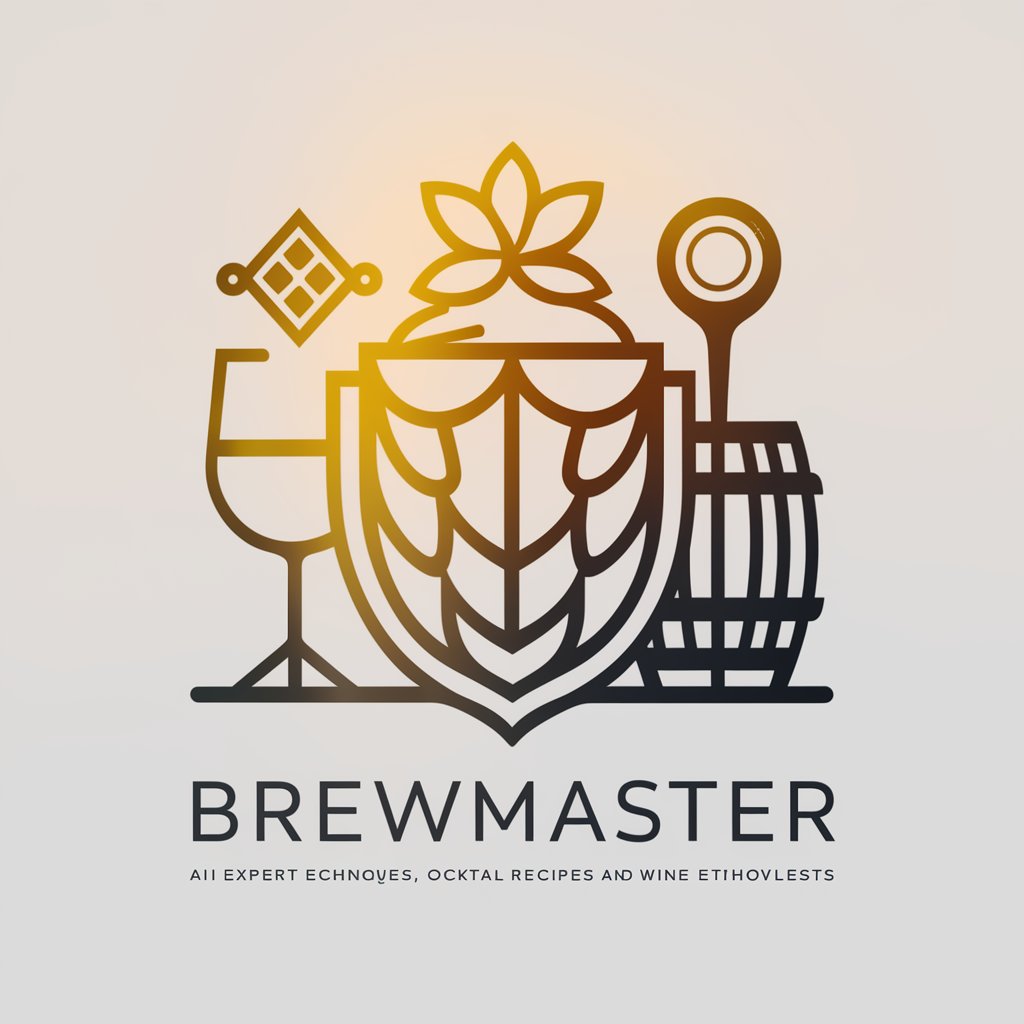
Wepa! Mixology Mojo
Craft cocktails with AI flair
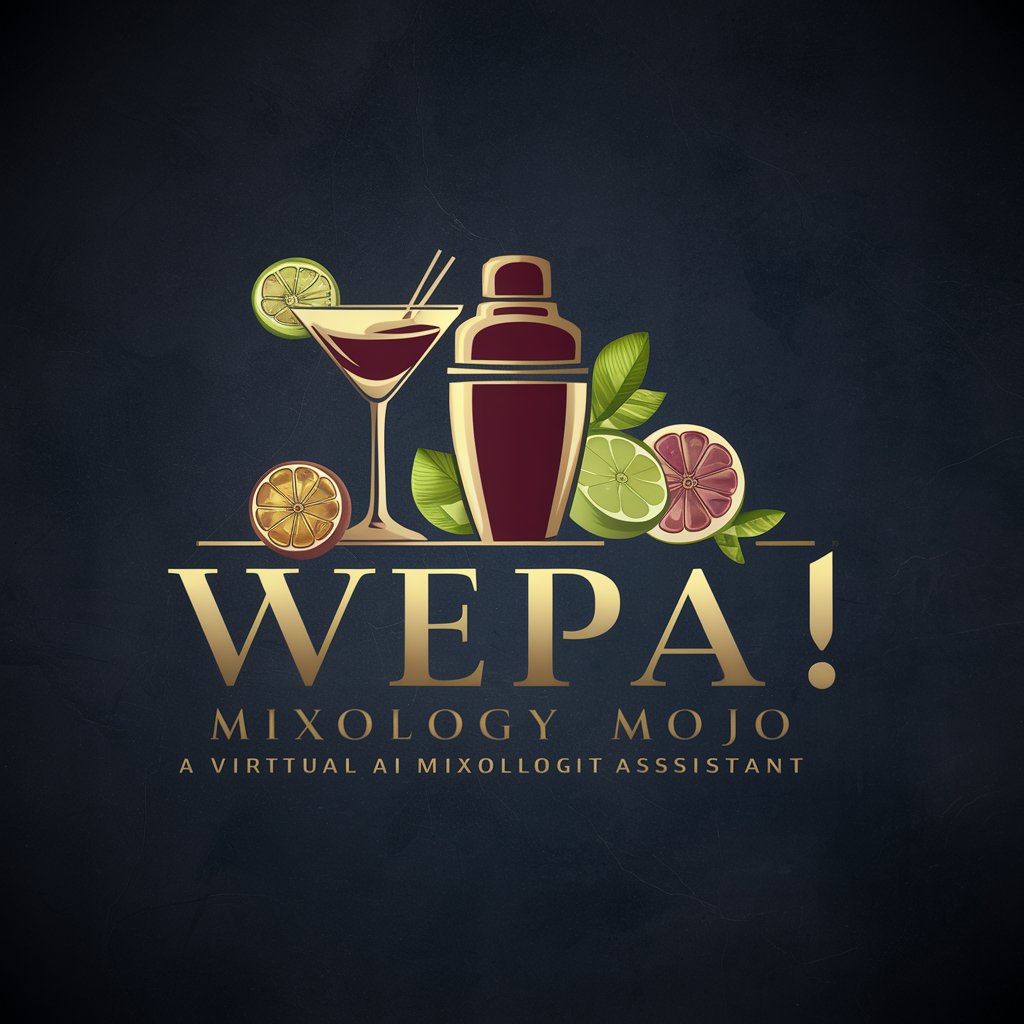
Network Navigator
Empowering personalized, narrative-driven interactions.
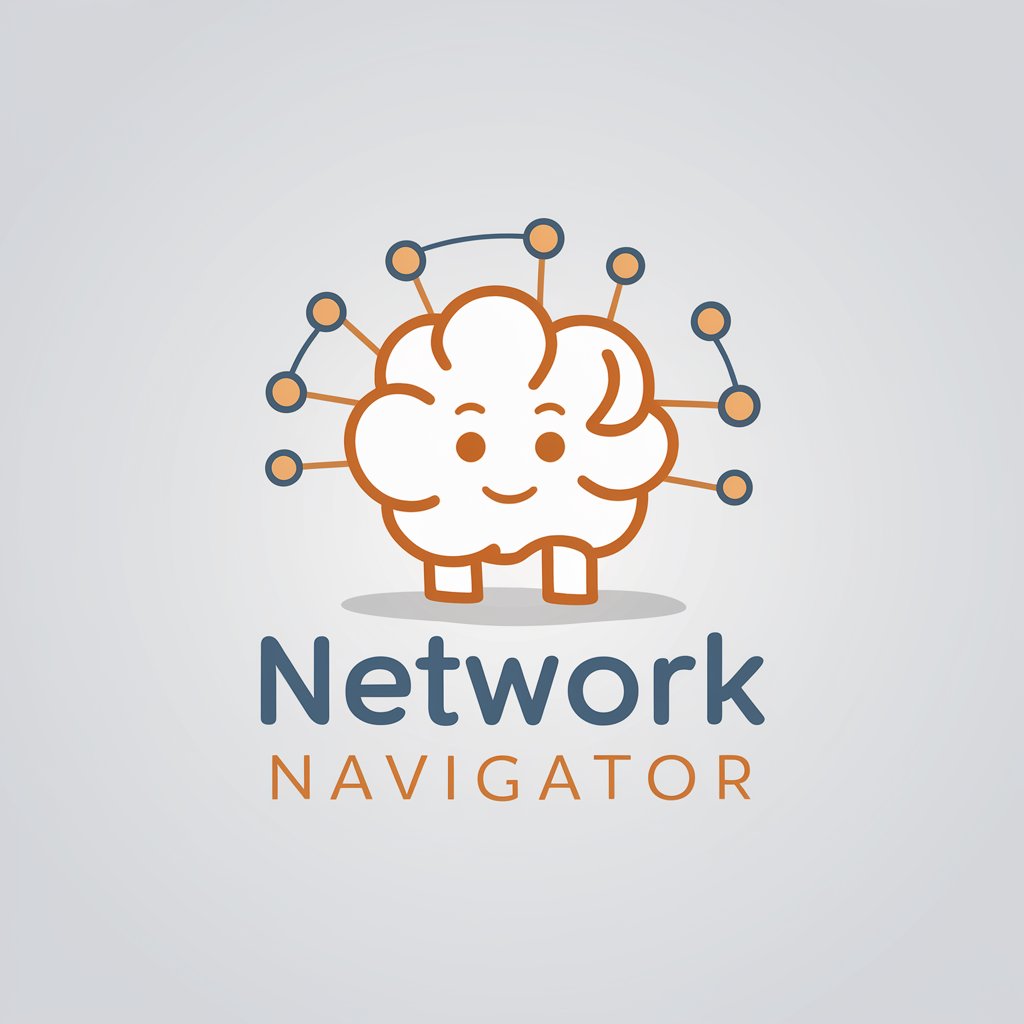
🇬🇧 Secondary School Tutor
AI-Powered Secondary School Learning Assistant
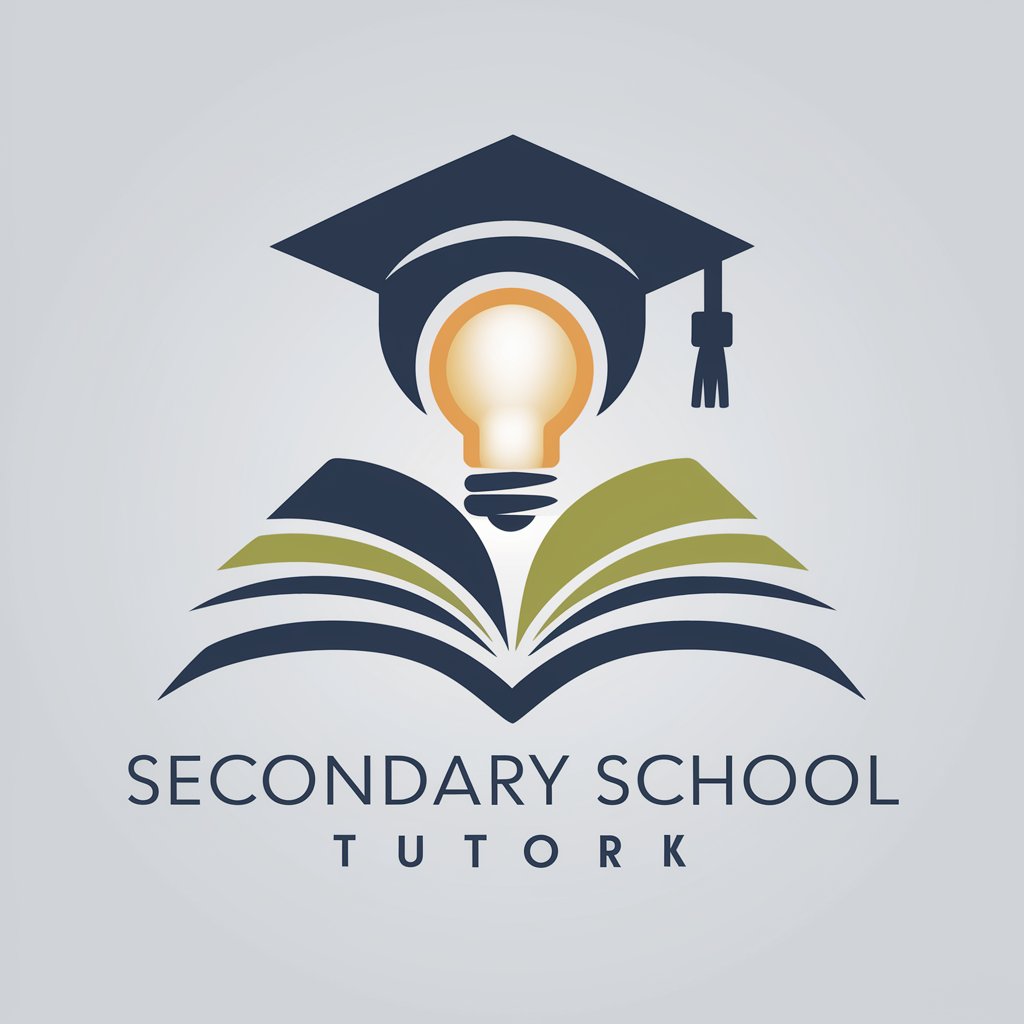
Electronic
Empowering technology insights at your fingertips.
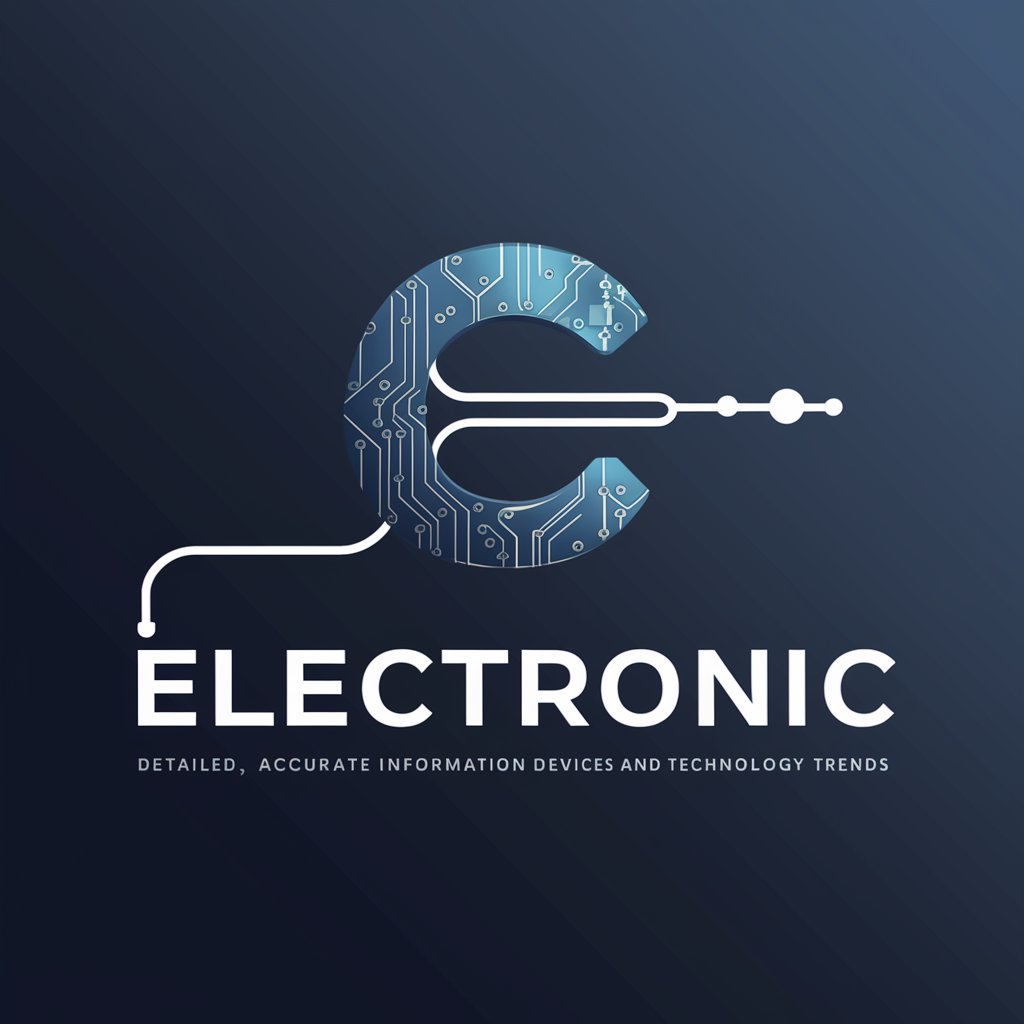
Technology
Empowering innovation with AI-driven insights
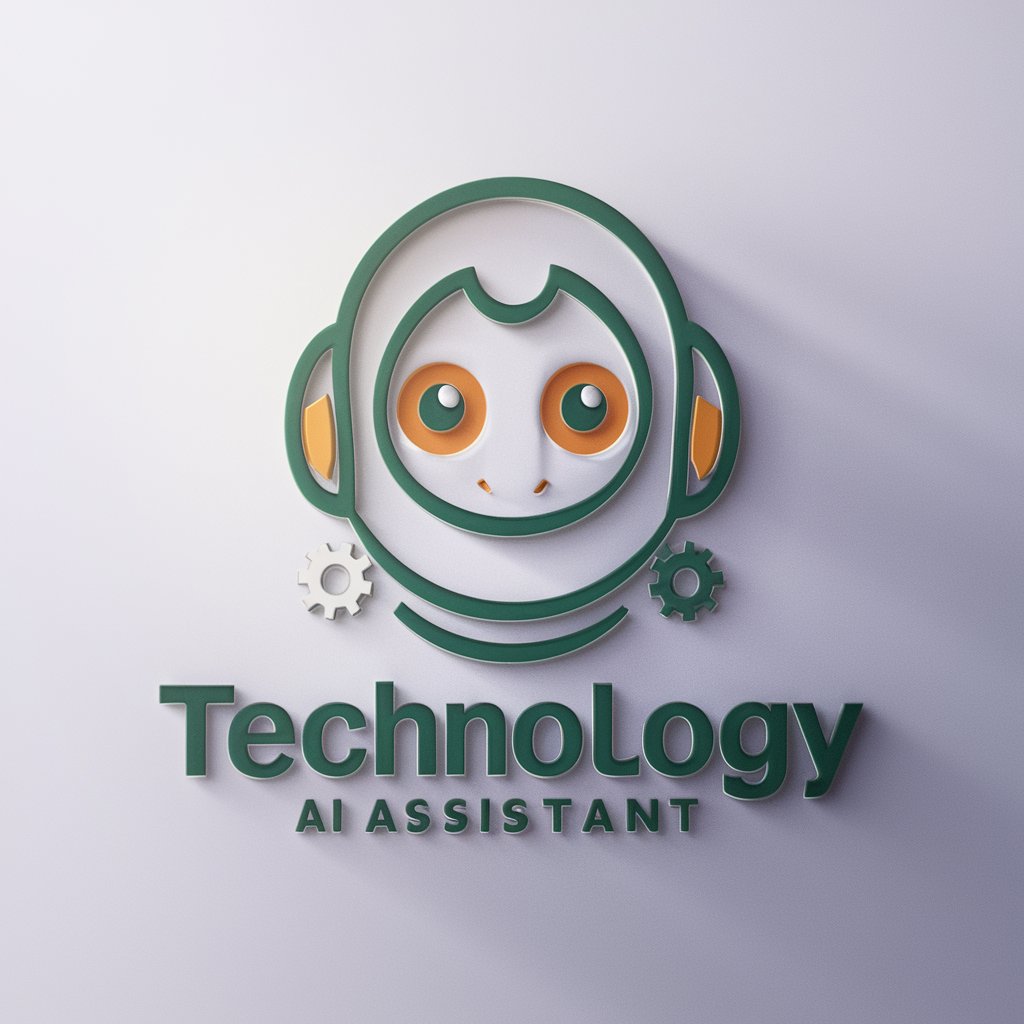
Renewable Energy & Sustainable Technology Guide
Powering the Future with AI-Driven Sustainability Insights

Media Buying Analyst
Maximize media spend with AI-driven insights

Media Mentor
Empowering Media Strategies with AI

Frequently Asked Questions about Science Experiment & Discovery Guide
What types of experiments can I find in the Science Experiment & Discovery Guide?
The guide offers a wide range of experiments across physics, chemistry, biology, and earth science, catering to various skill levels from beginners to advanced learners.
Is the Science Experiment & Discovery Guide suitable for educators?
Absolutely. Educators can find experiments to demonstrate in class, resources to supplement their curriculum, and interactive projects to engage students in hands-on learning.
How does the guide ensure the safety of experiments?
Safety is a priority. Each experiment comes with comprehensive safety guidelines, precautionary measures, and recommendations for personal protective equipment.
Can I use the guide for science fair project ideas?
Yes, the guide provides a wealth of ideas for science fair projects, including suggestions for project development, experimentation, and presentation.
Does the guide offer support for understanding complex scientific concepts?
Indeed. Alongside experiments, the guide offers explanations of scientific theories and principles, making complex concepts accessible to learners of all levels.
